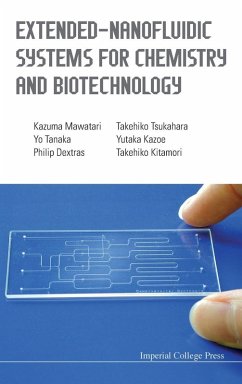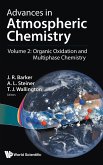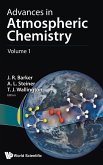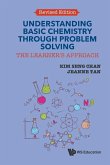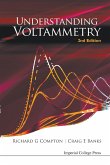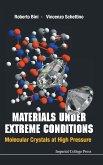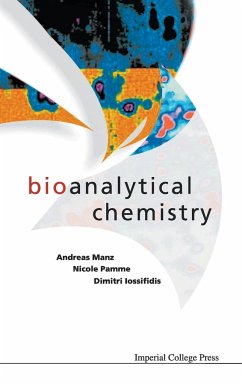For the past decade, new research fields utilizing microfluidics have been formed. General micro-integration methods were proposed, and the supporting fundamental technologies were widely developed. These methodologies have made various applications in the fields of analytical and chemical synthesis, and their superior performances such as rapid, simple, and high efficient processing have been proved. Recently, the space is further downscaling to 101 103nm scale (we call the space extended-nano space). The extended-nano space located between the conventional nanotechnology (100 101nm) and microtechnology (>1 m), and the research tools are not well established. In addition, the extended-nano space is a transient space from single molecules to bulk condensed phase, and fluidics and chemistry are not unknown. For these purposes, basic methodologies were developed, and new specific phenomena in fluidics and chemistry were found. These new phenomena were applied to unique chemical operations such as concentration and ion selection. The new research fields which are now being created are quite different from those in microspace. Unique devices are also increasingly being reported. In this book, we describe the fundamental technologies for extended-nano space and show the unique liquid properties found in this space and applications for single molecule or cell analysis. The research area is very new and hence, exciting. In contrast to other specialized areas, the research fields require wide knowledge (chemistry, fluidics, mechanics, photonics, biology etc.) and state-of-the-art technologies (bottom-up and top-down fabrication for various hard and soft materials, precise fluidic control, single molecule detection methods, and particle surface modification methods etc.), which have not been not covered by conventional review papers or books. Therefore, researchers or students new to the field need a new book covering these fields including recent research topics, applications and problems to be solved in the future. Our motivation is to summarize the state-of-the-art technologies for research and demonstrate new chemistry and fluidics in extended-nano space for students and researchers in academia or industry. We also emphasize the potential large impact microfluidic technologies have on chemistry and biochemistry.
Hinweis: Dieser Artikel kann nur an eine deutsche Lieferadresse ausgeliefert werden.
Hinweis: Dieser Artikel kann nur an eine deutsche Lieferadresse ausgeliefert werden.

